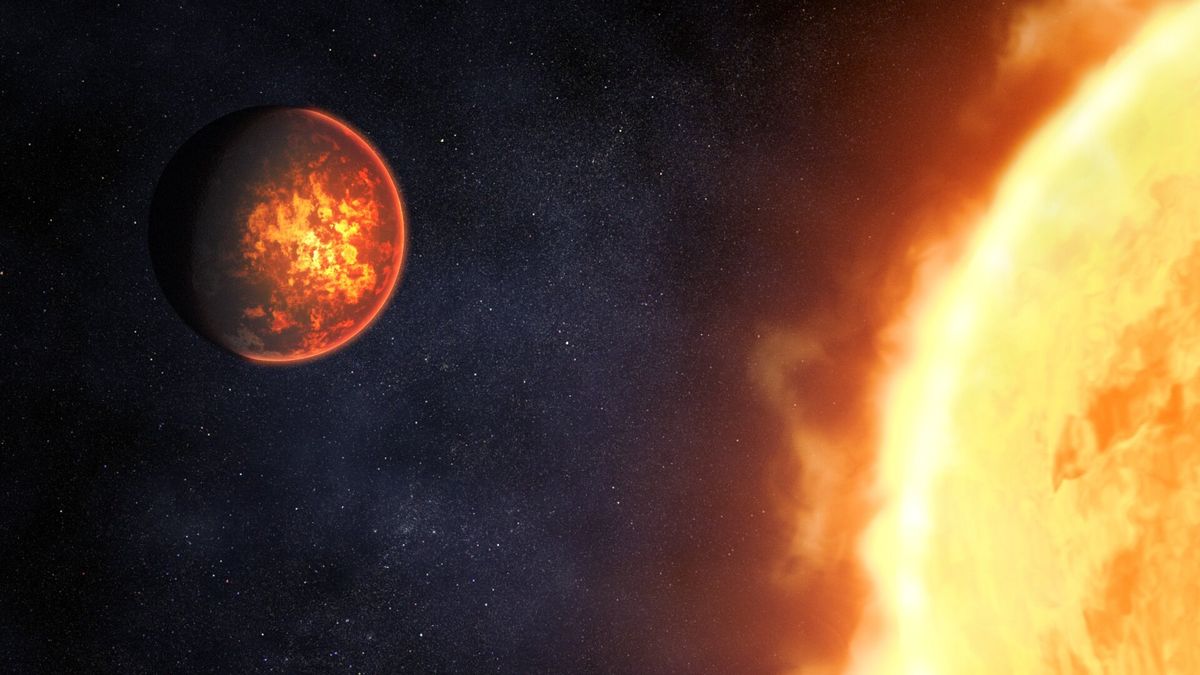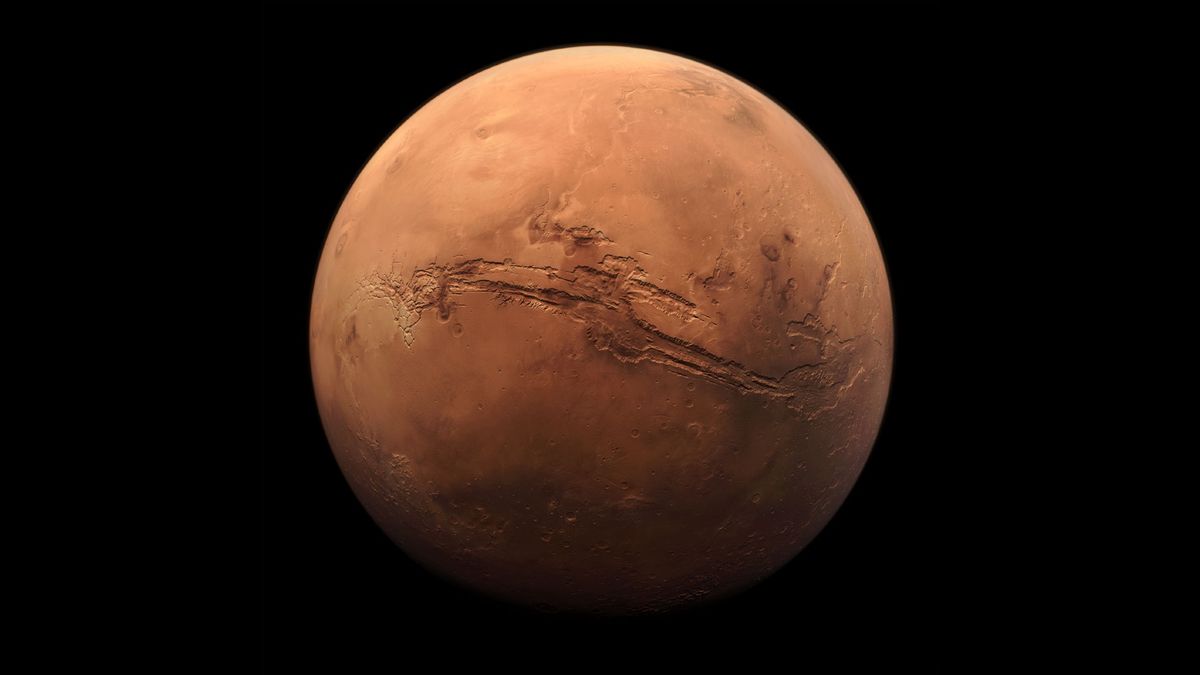Unveiling TOI-6713.01: The Magnificence of a Volcanic Super-Earth
An exoplanet adorned with a plethora of volcanoes, so intense that its molten surface emits a blazing scarlet hue, has been unearthed encircling a star situated 66 light-years away from Earth. Star Wars aficionados may find this scenario reminiscent of a scene where Obi-Wan Kenobi engages in a fierce confrontation with Anakin Skywalker on the lava-laden planet of Mustafar. However, astonishingly, even Mustafar pales in comparison to the recently unveiled TOI-6713.01. Although it may lack a catchy moniker, the vital characteristics of this exoplanet position it in a realm of unparalleled uniqueness.
An Otherworldly Titan
Described by Stephen Kane from the University of California, Riverside, as a “terrestrial planet that I would describe as Io on steroids,” TOI-6713.01 stands as a colossal super-Earth, surpassing our own planet by 30% in size. It completes an orbit around its parent star, HD 104067, every 2.2 days, at a distance of 4.57 million kilometers (2.8 million miles). This exoplanet is accompanied by two celestial companions – a rocky planet positioned approximately 15.8 million kilometers (9.8 miles) away from the star and a gas giant hovering around 40 million kilometers (24.8 million miles) from the stellar epicenter.
The Astonishing Scale
In contrast, within our solar system, the closest planet to the sun, Mercury, embarks on an elliptical pathway with distances ranging between 46 million and 69.82 million kilometers (28.5 million to 43.3 million miles) from our star. Notably, the entirety of HD 104067’s planetary system could seamlessly fit within Mercury’s orbit. Remarkably, akin to Mercury, TOI-6713.01 traverses an elliptical trajectory, close enough to its host star to undergo substantial gravitational effects imparted by its neighboring planets.
This results in a phenomenon described by Kane as a “tidal storm,” characterized by gravitational tides that agitate the exoplanet’s interior, triggering volcanic eruptions across its molten surface. Consequently, TOI-6713.01 emanates a searing temperature of up to 2,600 kelvin, surpassing the heat intensity of certain low-mass stars.
The Eruption of New Insights
This stellar revelation underscores the profound impact of tidal forces on an exoplanet, illuminating the myriad ways in which energy can sculpt terrestrial landscapes. While the brilliant radiance of stars undoubtedly influences planetary conditions, the predominantly tidal energy permeating TOI-6713.01’s environment unveils a unique realm where tidal dynamics shape a world teeming with volcanic activity.
Unveiled by the transit method, TOI-6713.01’s diameter has been ascertained through meticulous analysis of starlight blocked during its transits across the star’s surface. The subsequent step involves measuring the planet’s mass using cutting-edge instruments such as HARPS and HIRES to unlock its density, ultimately aiding investigators in discerning the eruption potential of TOI-6713.01’s volcanic landscape.
This groundbreaking research, published in The Astronomical Journal, showcases the celestial marvel of TOI-6713.01, offering unprecedented insights into the dynamic interplay between tidal forces and volcanic perseverance on a scale that transcends the boundaries of traditional planetary studies.
Image/Photo credit: source url





